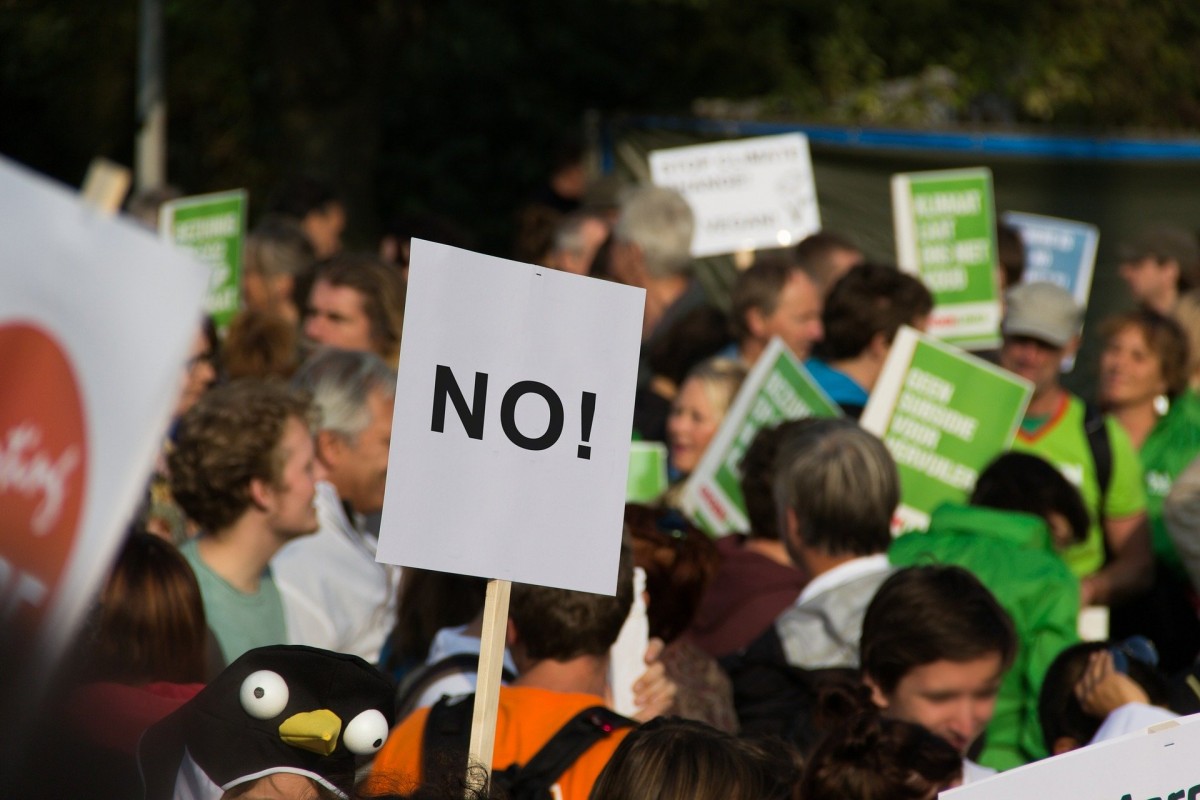Bulgaria’s justice minister Danail Kirilov resigned on Wednesday amid criticism of his failure to address corruption as the country faced a fiftieth consecutive day of anti-government protests.
Kirilov is the fifth government minister to resign since protests swept the Balkan country in July in response to raids on the offices of President Rumen Radev, a vocal critic of the incumbent government.
For more than a month, demonstrations on the streets of the capital Sofia have demanded prime minister Boyko Borissov and prosecutor general Ivan Geshev step down amid alleged links to mafia and oligarchs.
Barricades in Sofia and other cities across the country, including Varna and Plovdiv, remained in place on Thursday as protesters continued to voice their anger at alleged government corruption, including a controversial proposal for a new constitution that would keep the current centre-right government in power.
A nationwide protest has been called for Wednesday, September 2, the date the government is expected to give its decision on Kirilov’s resignation.
“We don’t feel that before 2 September this will happen because the government is desperately trying to stay in power,” Maria Mateva, an activist with Bulgarian NGO Justice for All, told Euronews.
“The protests continue. And it’s not just Sofia protesting.”
Mateva has attended protests in Sofia and her hometown of Burgas since they began in July. While Kirilov’s resignation has been welcomed, it is unlikely to assuage public anger.
“I think the resignation of the government is one point, and the other that is equally or more important is the resignation of the prosecutor general [Geshev],” she said.
“There is a proposal for a new constitution by the current government. If they have enough support to make an official proposal – they need to have it in the Cabinet, they don’t have it yet – that would mean calling a constitutional assembly.
“If they succeed to propose this new constitutional project, they will remain in power.
“We are trying to demand resignations not to allow this to happen.”
The new constitution proposed by Borissov’s ruling GERB party, which was drafted by the former justice minister, would give sweeping new powers to the office of the prosecutor general with fewer mechanisms to hold it accountable.
Kirilov has also been criticised for not pushing through reforms to tackle judicial corruption and for failing to nominate a candidate for prosecutor general last year, leaving Geshev as the sole candidate for the post.
euronews.com
pixabay


















